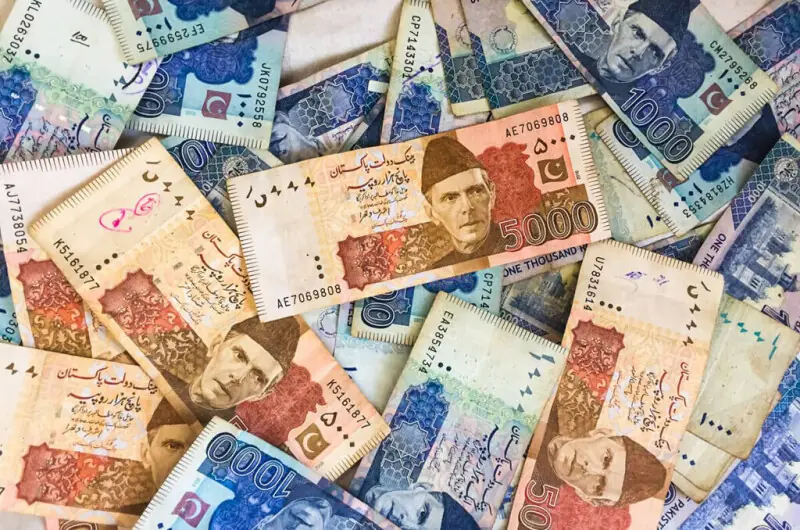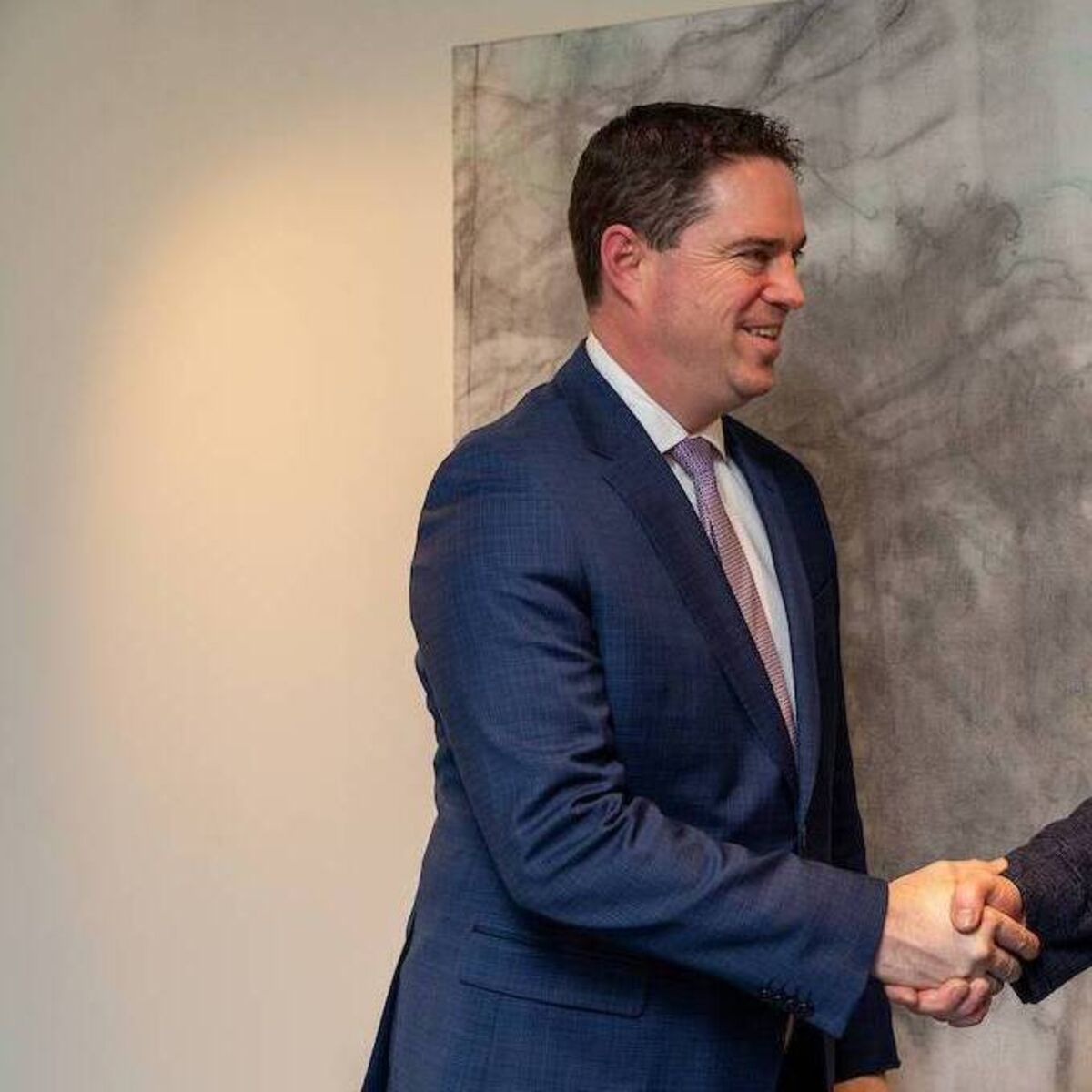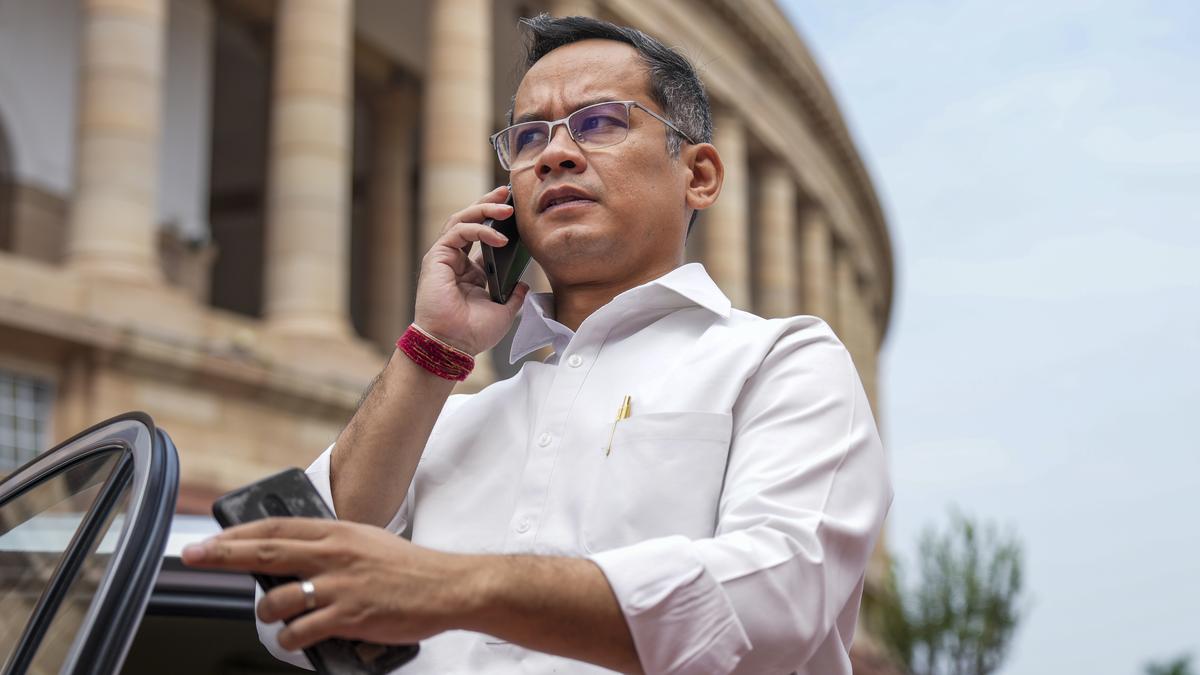
EDITORIAL: The meeting of the National Finance Commission (NFC) constituted by the President has been deferred on the request of Sindh on some legitimate grounds: grappling with the ongoing devastation caused by the continuing monsoon spells as well as the release of flood waters from India, the upper riparian country.
There is, however, intense speculation that under consideration is a constitutional amendment that would allow for a downward revision in the share of the provinces from the formula agreed in the 2010 NFC award that (i) increased the share of the provinces to 56 percent of the divisible pool, leaving 44 percent share for the federal government (ii) as well as a reduction of the weight given to population to 82 percent, a reduction agreed by the affected Punjab that, reports suggested, was linked to the 18th Constitutional Amendment lifting the ban on a third-time prime minister.
Be that as it may, the argument that the federal government requires additional funds from the divisible pool as its capacity to meet other than defence and debt servicing from its annual resources is severely compromised.
Two observations are in order. First, till the devolution of subjects to provinces and the attainment of one percentage increase in tax to GDP ratio every year for five years by the Federal Board of Revenue as envisaged in the seventh NFC award (that remains disturbingly under 10 percent) provinces were required to give an agreed surplus to the federal government. Today that amount is a whopping 1,464 billion rupees.
And second, the petroleum levy on sale of petroleum and its products, which essentially is another name for sales tax, which should be credited to the divisible pool, is budgeted under other taxes rendering it ineligible for the divisible pool.
The envisaged revenue from this is 1,468 billion rupees in the current year. Or, in total the amount is around 3 trillion rupees additional budgeted resources in the current year that were not available to the Centre prior to the seventh NFC Award.
This additional revenue for the Centre if factored into the math would provide the following scenario: (i) total budgeted FBR taxes for the current year are 14,131 billion rupees with the provincial share at 7,988.5 billion rupees (minus straight transfers) with the remaining 6,142 billion rupees earmarked for the federal government; and (ii) total 3 trillion rupees under the post-seventh NFC Award added to the Centre’s 6,142 billion rupees gives a total of 9 trillion rupees which, if added to the FBR total collections, gives the federal government a share at 53 percent — 9 percent more than the 44 percent agreed.
It is important to note that the clamour that the Centre requires a higher share of the NFC Award persists though it is unclear whether the post-7th NFC additions to the Centre would be taken into account. It is hoped that any constitutional amendment that pertains to the NFC Award must take account of three factors. First and foremost, the federal and provincial governments must adhere to the letter and spirit of what was agreed with the IMF; notably, “on September 30, 2024, the federal government and all provincial governments signed the National Fiscal Pact (which) is an ambitious effort to rebalance spending responsibilities and better align provincial and federal taxation policies. Provinces agreed to the devolution of specific expenditures from the federal to provincial governments in line with the 18th Constitutional Amendment. Provinces have also committed to enhancing tax collection, and implementation efforts are underway. …The federal government’s rightsizing exercise is progressing. …Ambitions over the extent of streamlining under the federal government’s rightsizing efforts, however, may need to increase so that they (as outlined in the National Fiscal Pact) correspond to the extent of the reallocation of expenditure mandates under the 18th Constitutional Amendment.”
Second; the amendment must include the division of responsibilities and resources between the provinces and the local governments to ensure meaningful devolution. And finally, the Centre needs to undertake measures to slash its own current expenditure that on average rises between 15 to 20 percent each year that must entail slashing the elite capture of resources (raising salaries of 7 percent of those paid salaries at the taxpayers’ expense while the rest of the working public struggles to make ends meet) as well as ushering reforms particularly in the pension system.
Copyright Business Recorder, 2025



